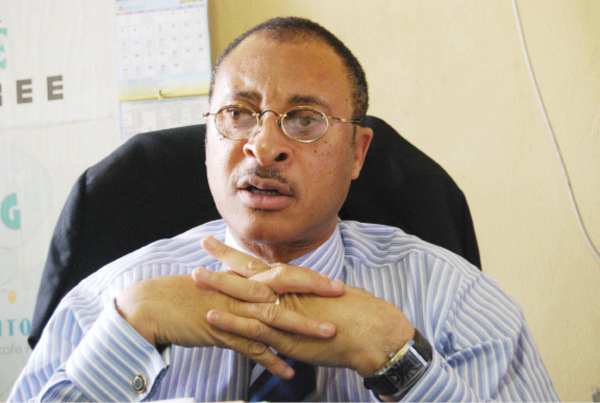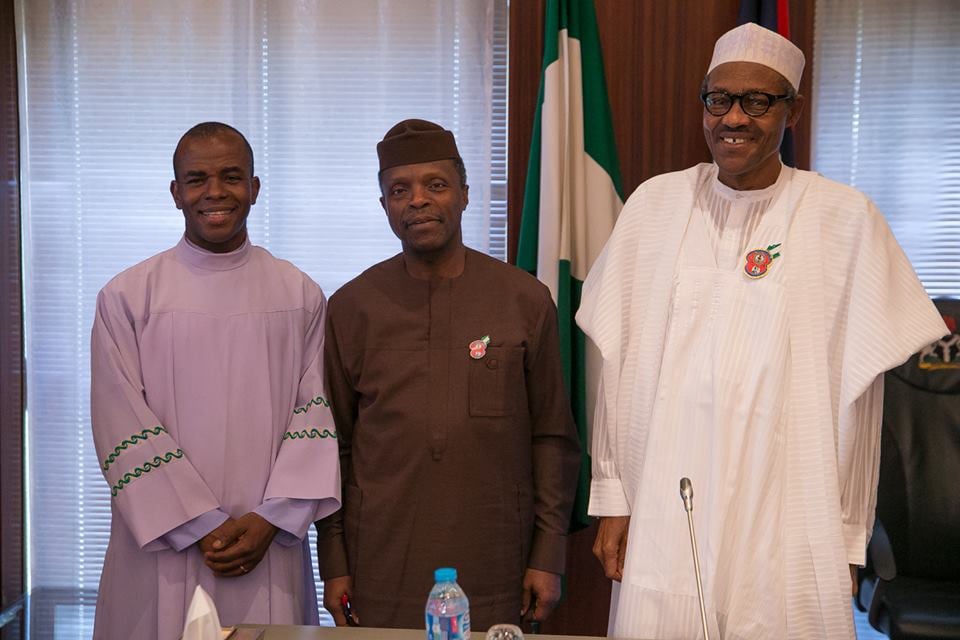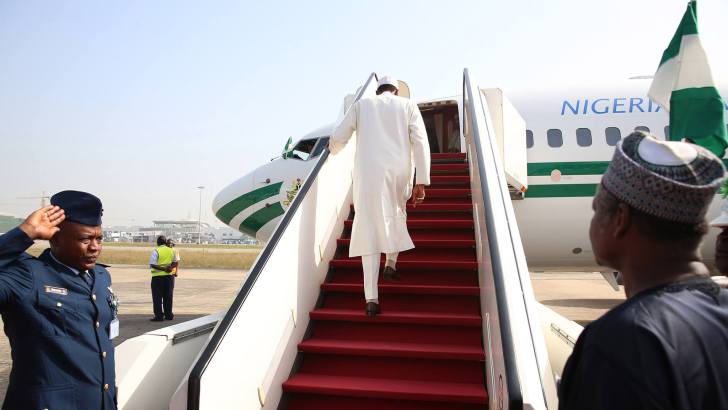I cannot now remember how or when we first met. But he’s the kind of man you will encounter many times before you meet him. I had done a story for Evening PUNCH on the death of a German expatriate staff in 1986, when one of my colleagues asked me if I had checked the story with Pat Utomi.
I didn’t know who he was or whether he was the one I should have been talking to. I had spoken with some guy in the public affairs department who told me straight that Volkswagen didn’t want the story in the press, an expression I took as confirmation of the story. I didn’t want any Pat to discourage me from filing my report.
My news editor overruled me and called him. The expression on my news editor’s face heightened my anxiety and then, he handed me the phone. The man at the other end of the line was unexpectedly warm. He congratulated me for getting the story, called out his number to me and said I could call Volkswagen any time I wanted to confirm my stories.
That piece, which was published in Evening PUNCH and later culled in the daily, was my first published news story in a newspaper. That was also my first encounter with Pat Utomi, who at 33, had become deputy managing director of Volkswagen, and one of the very few Nigerians in the Volkswagen sea of German expatriates.
Advertisement
I have followed him since I filed that morbid report and the years in between have brought us closer, filling the space with conversations about our country; the road taken or not; the impotence of ideas when they confront the arrogance of power and the price we all pay in the end for the choices we make.
For well over 30 years now, Utomi has been front and centre in the conversation to help values and ideas regain their footing. He is absolutely convinced that that was where we lost it: the point where strong men after strong men stripped our institutions of their powers and assumed the role of alpha and omega.
When Major Chukwuma Nzeogwu struck in 1966, he railed at the ten per centers, those that seek to keep the country divided permanently so that they can remain in office…the tribalists, the nepotists, those that make the country look big for nothing.
Advertisement
If today’s treasury looters were content with stealing only a tenth of what they can find, we’ll not be where we are. The great grandchildren of our founding fathers have taken over the field and the mule, filling their stomachs and their pockets with impunity.
Not that institutions are absent. Or that the rules have not been provided. Or even that we have suffered one long spell of famine. We have moved from a unicameral legislature with fewer than 350 politicians to a multi-cameral parliament with 469 politicians; states have increased from 12 to 36 and the local governments from less than 300 to 774. Government has expanded, costs have ballooned and yet our misery has deepened. We shell out billions of naira for endless bouts of constitutional conferences and amendments and we’re still having more. The more things change, the worse they seem to get.
Utomi’s life has been devoted not only to figuring out this conundrum, but more important, to finding solutions. When the governing APC didn’t look like it, Utomi gave a lecture in 2012 entitled, “Is The Opposition A Credible Alternative?,” to mark the LEADERSHIP Awards. In that lecture he expressed the fear that politics had been infiltrated by “professional politicians, people who had no clear means of livelihood and who are in politics for the rent they seek to extract in the camouflage role of government contractors.”
Little did Utomi know then that even the military would be infiltrated and that both soldiers and politicians would join in the business of awarding contracts to prayer warriors, fashion designers and God-knows-who-else, using funds meant for war.
Advertisement
Through his works, especially his books, articles and public speeches, he has challenged conventional wisdom, especially the conventional wisdom that the only route to development is to be copycat of the West. Long before it became fashionable to look to China for money without responsibility, Utomi had spoken about the Malaysian, Singaporean and Indonesian examples, until he was beginning to sound like a broken record.
Anyone who has read one of his books, Why Nations Are Poor, might agree that the fault is not in our natural endowments but in the quality of leadership we have had; we have had leaders who eat the harvest and the seed.
Utomi talks. The only way you can prevent him from a debate is to challenge him to one. Often, he instigates it. On many occasions in the early days of former President Olusegun Obasanjo’s government, he would invite me and a number of other journalists and public commentators to his house in Victoria Island and we would spend long hours musing the state of the nation and sharing information. Obasanjo’s failed third term project was probably one of the most animated sessions we had. It was catharsis of some sort, washed down with a rich supply of food and drinks on the house.
Utomi talks, but he doesn’t just talk – he puts his savings where his mouth is. For many years, he single-handedly funded the Patitos Gang, a talk show that featured a collection of young positively angry folks who were tired of the nonsense in high places and said so with great humour and wit. Utomi told me of advertisers who loved the show like mad but refused to put their ads in it because they didn’t want to offend government. He carried on, regardless, until the burden became too much for him to bear.
Advertisement
In a country where taking gets more attention than giving, Utomi has been something of an angel investor – a point on which he often demurs. He shares his time, energy and resources freely with the young and renews hope for the old by holding them up as icons and role models through the Centre of Values in Leadership, which he founded to celebrate the virtues and achievements of icons that are 70 and above.
In a recent conversation with a friend who was inside former President Goodluck Jonathan’s Aso Rock for four years, Utomi’s name came up. He said he had always respected Utomi but that his respect for him had grown tenfold.
Advertisement
I asked him why. “For the entire four years when I was there (in Aso Rock) I never once saw Pat come there for anything,” he said. “He kept his distance and maintained his dignity.”
In a way, he’s the Gani Fawehinmi of political economy. May his tribe multiply and his good works over the years come back to bless him.
Advertisement
Happy birthday, Prof.
Ishiekwene is the managing director/editor-in-chief of The Interview magazine and member of the board of the Global Editors Network
Advertisement
Views expressed by contributors are strictly personal and not of TheCable.
Add a comment







